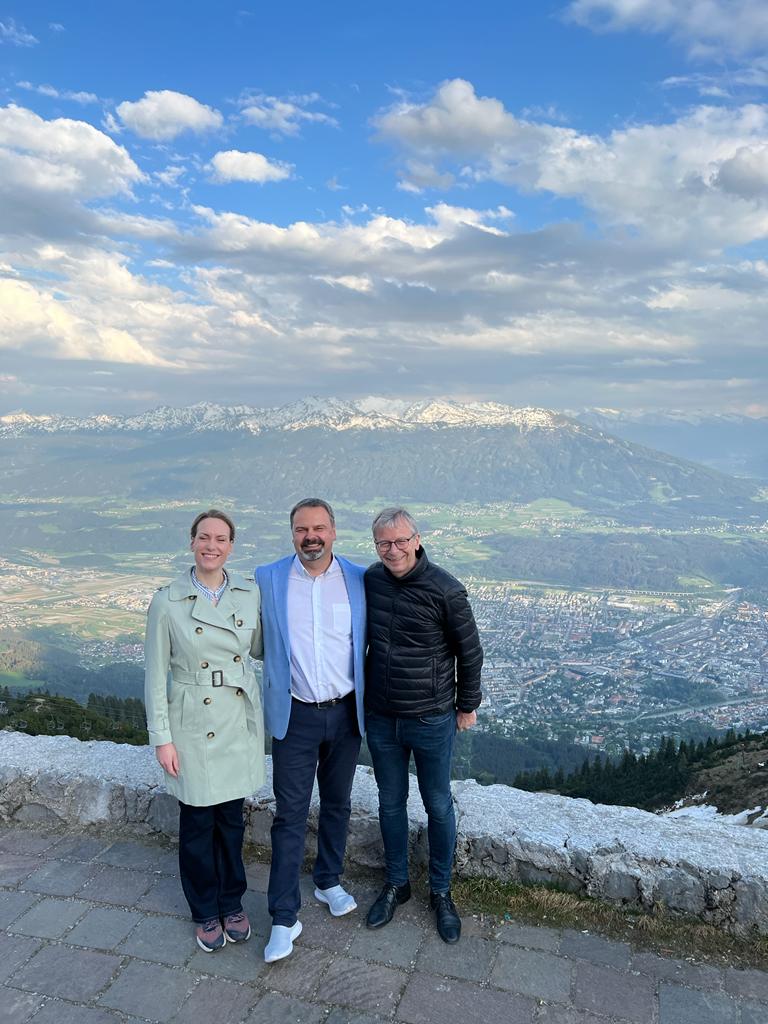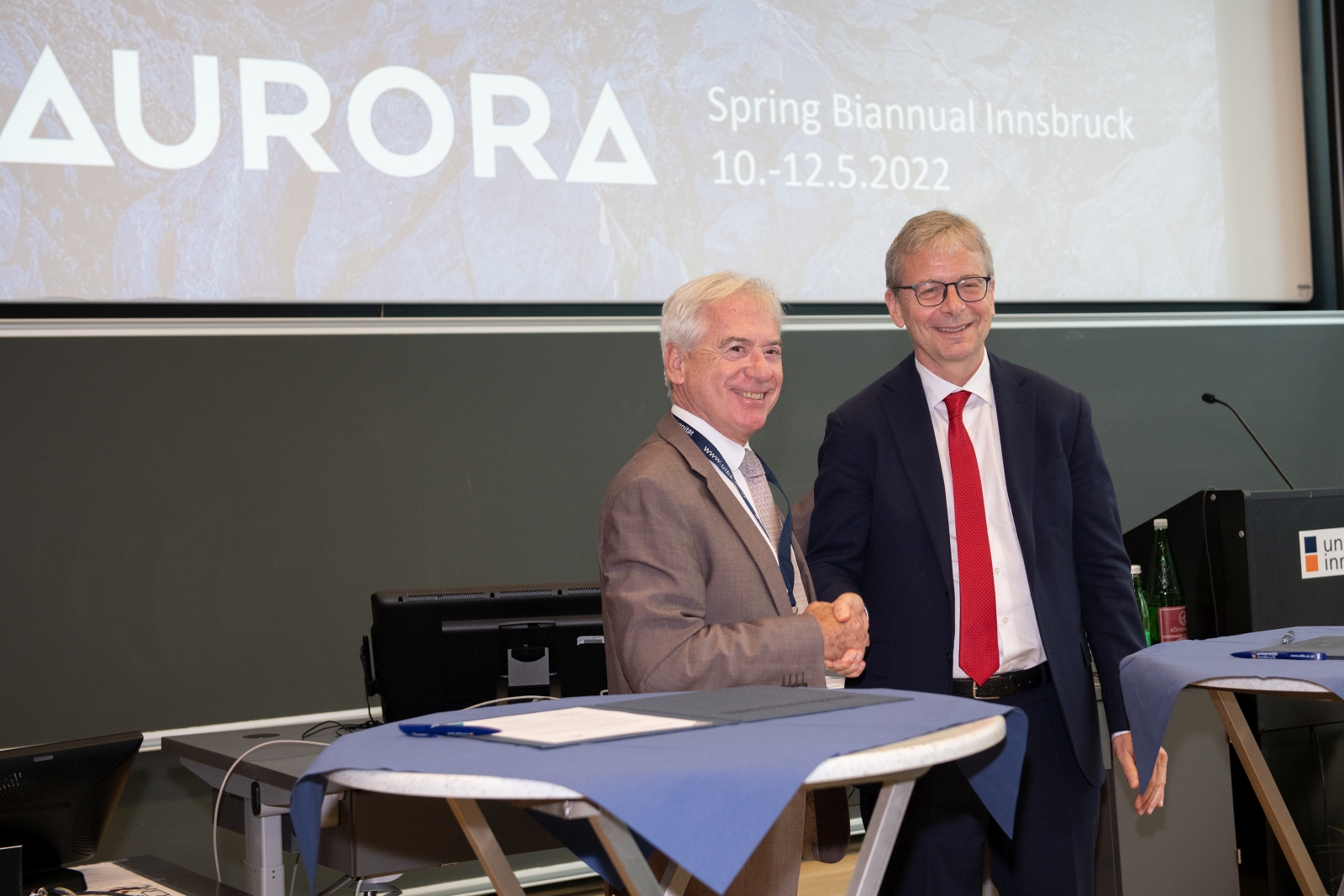40 people attend the infoday on implementing doctoral programmes through international networks
The infoday on 22 September about the call for proposals of the Marie Skłodowska-Curie Doctoral Networks (MSCA-DN) of the European Commission was attended by 42 people from the URV, the universities of the Aurora network and the Spanish State. It provided the information and the practical tools necessary for applicants to adapt their proposals to the objectives and requirements of this funding programme.
The MSCA Doctoral Networks call consists in implementing doctoral programmes through associations of organisations from different sectors in Europe and beyond to train highly qualified doctoral students, stimulate their creativity, improve their innovation skills and enhance their long-term employability.
Xavier Eekhout, head of the mobility and professional development projects for researchers, EURAXESS Spain and the MSCA National Contact Point in Spain, gave an overview of the call for proposals. Karin Rade of the Vrije Universiteit Amsterdam (Netherlands) gave practical advice on what the university believes works best in this call and how they support it. To increase impact and applicability, Hatem Rashwan, researcher at the URV Department of Computer Engineering and Mathematics, presented his success story, the BosomShield project, which won the call for proposals of 2021.
Opportunity for collaboration between the universities of the Aurora network
MSCA Doctoral Networks 2022 are an opportunity to deepen research collaborations among the priority partners of the Aurora network. This alliance of nine European universities, committed to research excellence and the social impact of their actions, has already developed a series of tools for giving visibility to the research of their centres, including the Sustainable Development Goals Panel (SDG Dashboard) to share resources and train doctoral students in transversal skills. Therefore, the proposals presented linked to Aurora will be enhanced by access to this joint infrastructure.
The MSCA Doctoral Networks 2022 call will close on 15 November. The complete information can be consulted on the website of the call.
The URV group that organized this infoday, USPIR, provides support to the research community in the drafting of proposals for obtaining international funding for research projects.
The infoday on MCSA Doctoral Networks can be seen again at this link.



